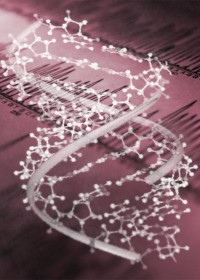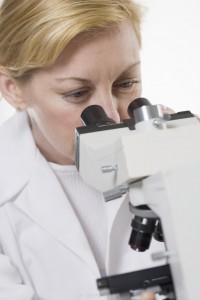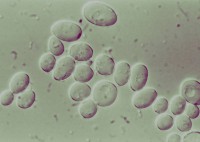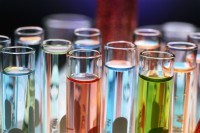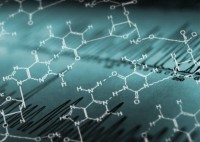
“Tumors evolve on a very simple principle; it is all about the survival of the nastiest,” Paul Workman of the British Institute of Cancer Research in London recently told The Guardian.
Their killer survival instinct may be what allows cancer tumors to eventually overwhelm traditional cancer treatments – typically within 6 months — and find new ways of replicating cancer cells. As noted in our previous post, achieving long-term remission of advanced cancer tumors and standard therapy-resistant tumors requires multiple attack paths to counteract the surprising ability of cancer cells to change attack mode when cancer treatment interferes with their ability to reproduce.
Cancer-causing agents initiate tumor growth in several ways:
- Trigger cells to divide and spread uncontrollably;
- Turn off cell mechanisms that normally halt cell division; or
- Block the DNA repair mechanisms that maintain cell health.
Given the flexibility of cancer cells to change behavior when denied their preferred method of attack, study researchers believe that a multi-pronged treatment program must be employed to effectively counteract all possible growth methods. For many cancer researchers, including those involved in the London study, this means developing new cancer drugs and chemotherapy protocols that could deliver multiple drugs simultaneously or in rapid succession in a manner similar to that used to fight HIV.
The problem with limiting cancer treatment to drugs is one of scope. Of the 23,000 human genes mapped 150 have been identified as cancer-causing agents; but drug treatments are available for only 15. Issels integrative immunotherapy looks beyond drugs, employing a variety of treatment methods that work with the body to effectively attack cancer on multiple fronts.

